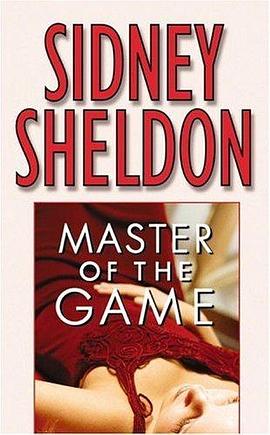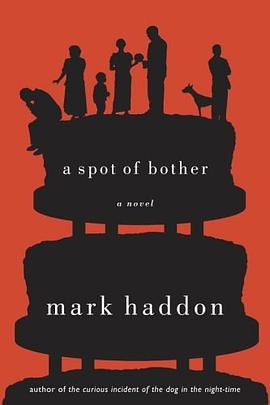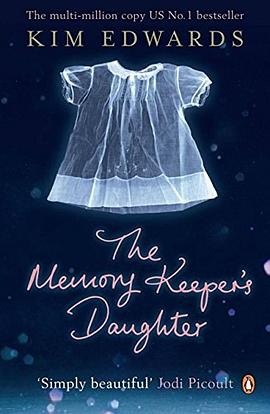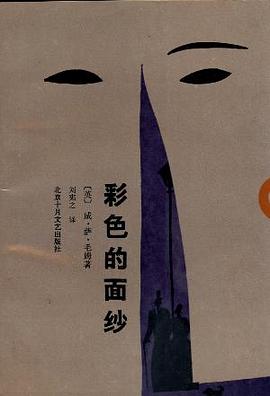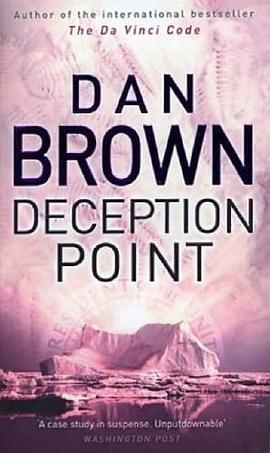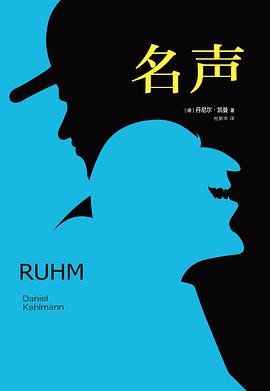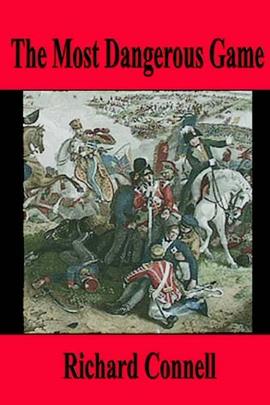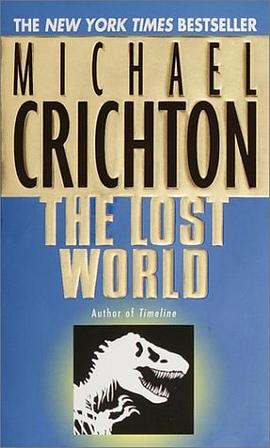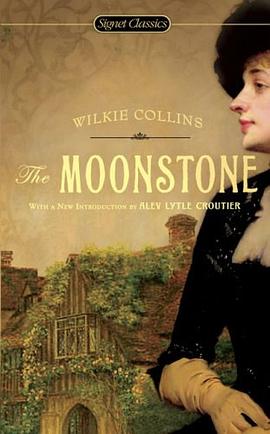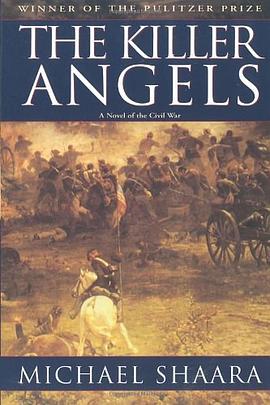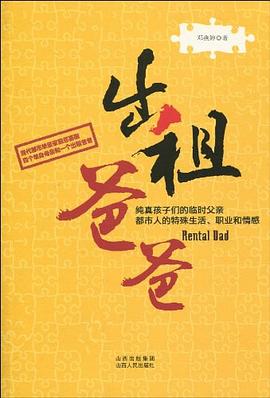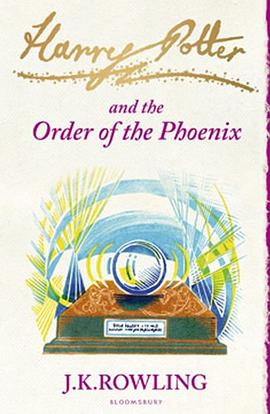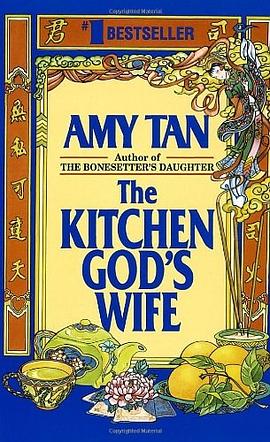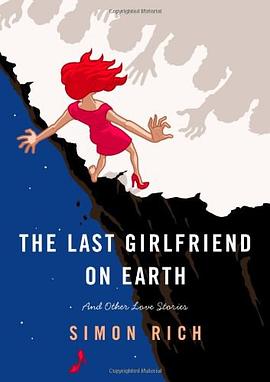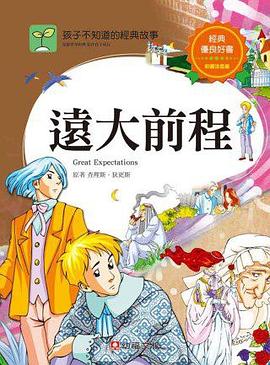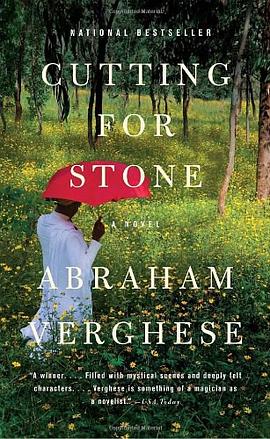

具體描述
Marion and Shiva Stone are twin brothers born of a secret union between a beautiful Indian nun and a brash British surgeon. Orphaned by their mother’s death and their father’s disappearance, bound together by a preternatural connection and a shared fascination with medicine, the twins come of age as Ethiopia hovers on the brink of revolution.
Moving from Addis Ababa to New York City and back again, Cutting for Stone is an unforgettable story of love and betrayal, medicine and ordinary miracles—and two brothers whose fates are forever intertwined.
著者簡介
Abraham Verghese, MD, MACP, is Professor for the Theory and Practice of Medicine at the Stanford University School of Medicine and Senior Associate Chair of the Department of Internal Medicine.
Born of Indian parents who were teachers in Ethiopia, he grew up near Addis Ababa and began his medical training there. When Emperor Haile Selassie was deposed, he completed his training at Madras Medical College and went to the United States for his residency as one of many foreign medical graduates. Like many others, he found only the less popular hospitals and communities open to him, an experience he described in one of his early New Yorker articles, The Cowpath to America.
From Johnson City, Tennessee, where he was a resident from 1980 to 1983, he did his fellowship at Boston University School of Medicine, working at Boston City Hospital for two years. It was here that he first saw the early signs of the HIV epidemic and later, when he returned to Johnson City as an assistant professor of medicine, he saw the second epidemic, rural AIDS, and his life took the turn for which he is most well known ? his caring for numerous AIDS patients in an era when little could be done and helping them through their early and painful deaths was often the most a physician could do.
His work with terminal patients and the insights he gained from the deep relationships he formed and the suffering he saw were intensely transformative; they became the basis for his first book, My Own Country : A Doctor's Story, written later during his years in El Paso, Texas. Such was his interest in writing that he decided to take some time away from medicine to study at the Iowa Writers Workshop at the University of Iowa, where he earned a Master of Fine Arts degree in 1991. Since then, his writing has appeared in The New Yorker, Texas Monthly, Atlantic, The New York Times, The New York Times Magazine, Granta, Forbes.com, and The Wall Street Journal, among others.
Following Iowa, he became professor of medicine and chief of the Division of Infectious Diseases at Texas Tech Health Sciences Center in El Paso, Texas, where he lived for the next 11 years. In addition to writing his first book, which was one of five chosen as Best Book of the Year by Time magazine and later made into a Mira Nair movie, he also wrote a second best-selling book, The Tennis Partner : A Story of Friendship and Loss, about his friend and tennis partner?s struggle with addiction. This was a New York Times' Notable Book.
圖書目錄
讀後感
作者用 Twins 中哥哥 Marion 的角度, 讲述父母那一辈和自己的故事, 强大的医学背景, 让整个故事看起来真实可信. 这对 Twins 似乎一生坎坷, 经历各种悲欢离合. 母亲 Mary 难产而死, 父亲 Thomas 深受打击出走, 可他们却幸运的被 Hema and Gosh 收养, 还有 Missing 所有人的精心...
評分我始终执着于珍妮特的年少无知,与生命的洪流相比,政治永远只是无谓的浪花;罗西娜的残忍愚昧,伤害别人永远无法使自己内心得到平伏。而她们就是那个悲剧的开端。为什么生命中总有女人这种愚昧无知的动物呢。不想表达性别歧视,但是不得不提一件让我影响深刻的事例:9年前我被...
評分医生天然与文学相通? 以我的阅读经验,通常这样一本大部头的小说,很难得一开始就进入吸人眼球的戏剧性阶段,往往要先进行铺陈,慢慢展开,等读者充分了解人物个性,事件随时间酝酿到高峰期,这时才会让读者读得津津有味,爱不释手了。但这部小说一开始就颇具戏剧性,甚至...
評分文/夏丽柠 “你尽情地哭吧,尽情哭到心灵宁静为止。折磨你的这种痛苦,并非只是你一个人的苦,而是所有人都会承受的苦。” —濑户内寂听《人生在世便是相逢》 “人生在世便是相逢”,日本天台宗尼僧濑户内寂听的这句禅语送给马里恩和湿婆这对孪...
評分很悲伤的故事,令人心痛。“我用一生在寻找的,其实早已失去。”这句话很好地阐述了这个故事。如果没有曾经的背弃和追寻,就没有最终的悔悟与救赎,生命所追求与抗争的仿佛永远是荒谬的悖论。好厚一本书,五百多页,好久没有看过这么厚的书,但是很值得,一遍读完仿佛经历了一...
用戶評價
A sweepingly riveting book. So much exciting medical knowledge to be absorbed. I fell asleep at 10pm and woke up with a vision of fire at 2.30am. I finished reading the book, a book about the helplessness of human beings in face of predetermined fates; about the connection of family members; about the tormented, crooked love; ...my temporary cure.
评分讀瞭三分之二,哭得稀裏啪啦的。太虐心瞭。~~~~(>_<)~~~~ 紅著眼睛來上班。這本必須是我的年度最佳小說!
评分Shiva死瞭的時候我真是哭瞎
评分很棒的小說!
评分Shiva死瞭的時候我真是哭瞎
相關圖書
本站所有內容均為互聯網搜索引擎提供的公開搜索信息,本站不存儲任何數據與內容,任何內容與數據均與本站無關,如有需要請聯繫相關搜索引擎包括但不限於百度,google,bing,sogou 等
© 2025 book.quotespace.org All Rights Reserved. 小美書屋 版权所有


